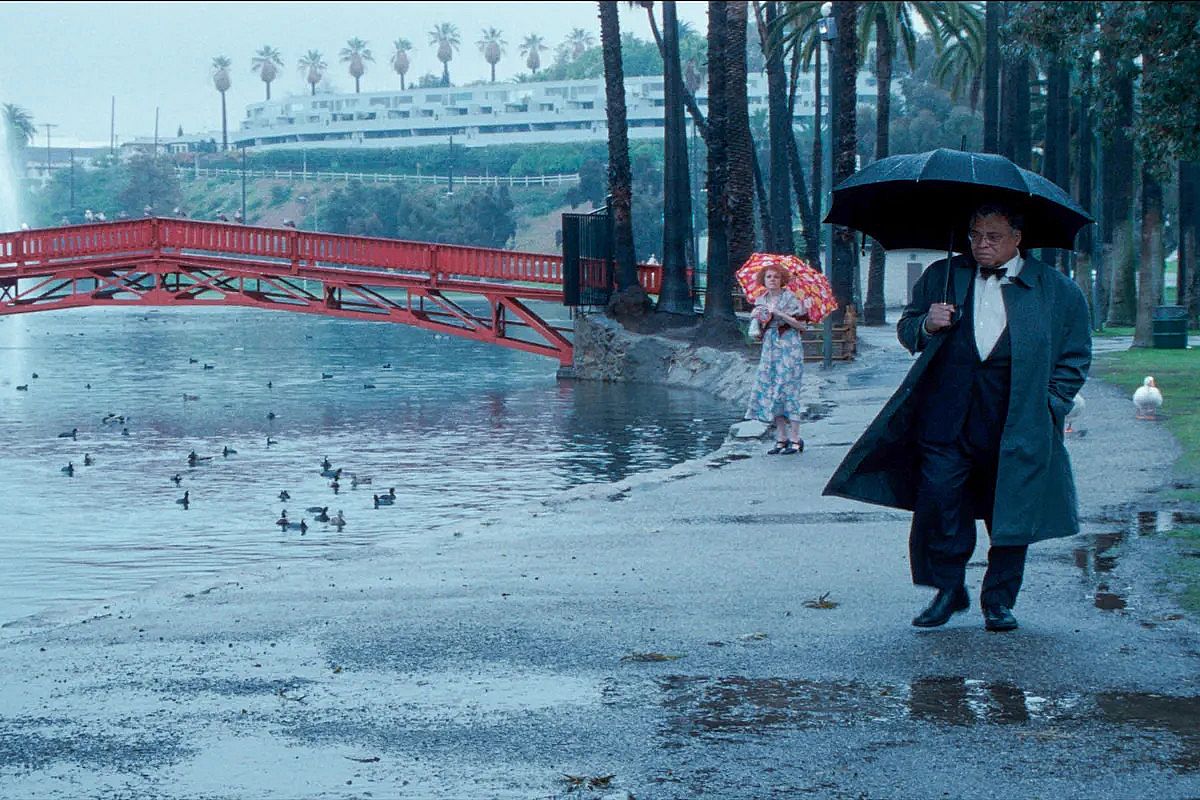
Hyde Park Pick: The Annihilation of Fish
Mosa urges you not to miss The Annihilation of Fish this week.
Mosa Mpetha
There I was, minding my own business at Cinema Rediscovered film festival in Bristol in July. I had booked all my film tickets months before, so during the actual festival I was just trusting my past self and going in relatively blind to most films. On the Saturday evening, I went along to see The Annihilation of Fish (1999): what I knew about the film was minimal. I knew it had a quirky title, it was a Charles Burnett film, and the distributor Milestone Films had spent years trying to acquire the rights.
The Wednesday prior, I had chaired a Q&A on the topic of ‘Which films get restored and why?’ with Dennis Doros from Milestone Films and other fantastic guests. I had prepared for the Q&A, spoke to Dennis about this particular lost and returned film, and marvelled at the care and consideration Milestone take in working with African American directors. They create incredible press kits that tell the complicated stories of acquisition and frustration, centring the filmmakers in a way that is rare in the film industry.
Despite all of this, I still was not prepared for what we received in this screening. The film was preceded by an introduction by Karen Alexander, and excitingly, a live Q&A with Charles Burnett himself who zoomed in. As the Q&A was before the film, they had a light conversation without giving anything away. I was increasingly intrigued by Karen and Charles’ suggestions towards invisible characters, sharp comedy and working with high profile actors.
To be really honest with you, I am not as familiar with Charles Burnett’s work as I feel I ought to be. Please don’t judge me for not having yet watched Killer of Sheep (1978), I already judge myself. For context, Charles Burnett is highly celebrated great American director, who played a part in formulating the famed LA Rebellion school and created films that centre the hard realities of Black American life.
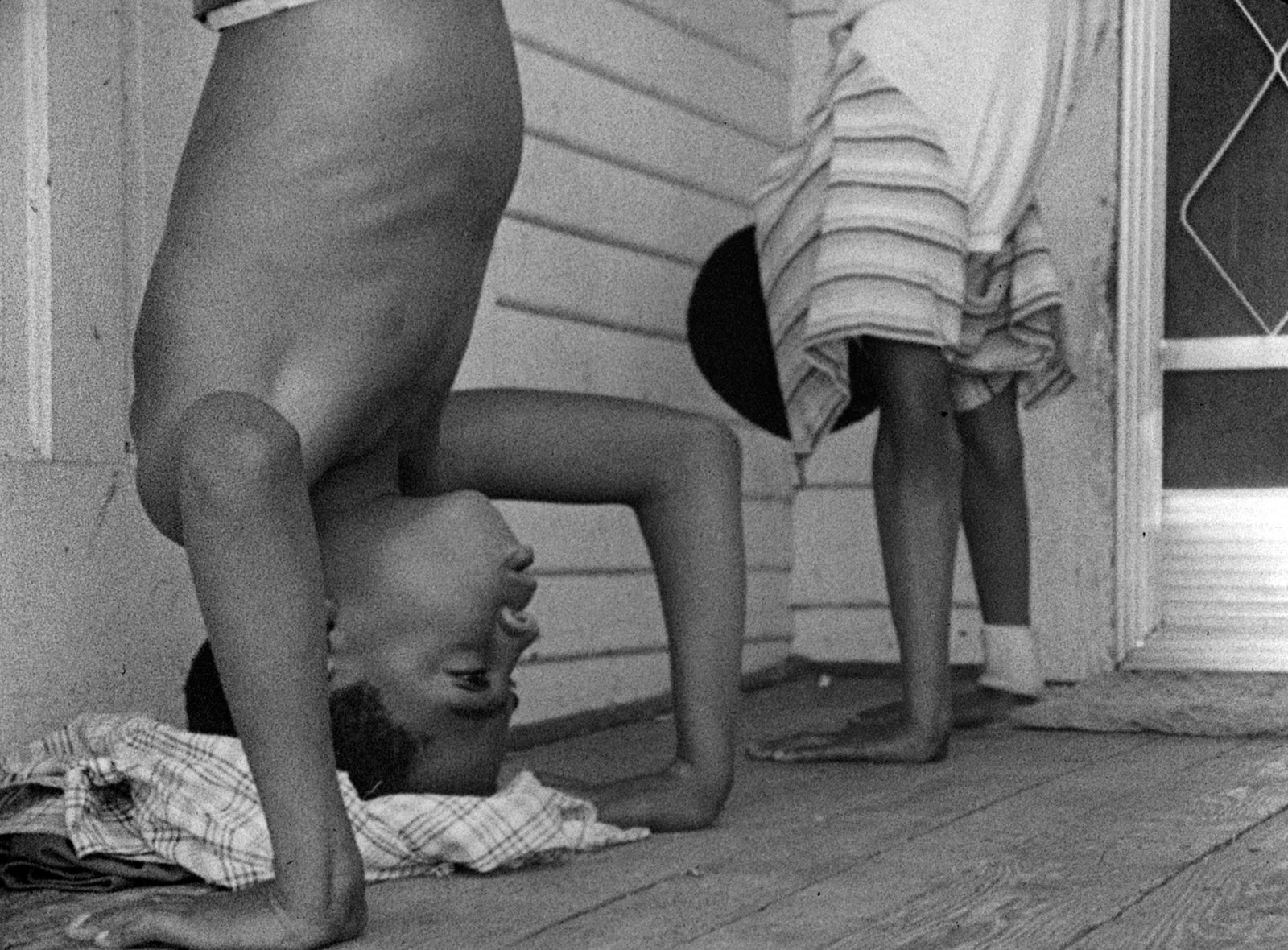
“Charles Burnett is one of the finest filmmakers in this country. His pictures speak in a cinematic voice that is uniquely and completely his own.” Martin Scorsese, Founder and Chair of The Film Foundation.
So, knowing what (little) I knew of Burnett and his work, on that Saturday evening I settled in ready to see something possibly heavy-going and rich. Rich it was, but in jokes, sensuality and warmth. The Annihilation of Fish is a romantic comedy, a love story between two (or three) troubled older people. It is about meeting people where there are, not judging but accepting.
The three heavyweight actors, James Earl Jones, Lynn Redgrave and Margot Kidder gave it their all. The way they embodied their characters, and really threw themselves into the wackiness and sorrowfulness of their roles really made the film what it was. The representation of sensuality and sexuality in people over 50 was both touching and realistic. There are themes of loneliness, mental health, absurdity, chosen families and interracial dynamics. So much is going on in this film, that even though the narrative itself is relatively light, you can’t mistake the filmmakers’ political viewpoints and overarching hope of solidarity and support.
Then there is the humour. It takes a lot for me to laugh out loud at a film. Not sure why, I think I’m not easily tickled. But the off-beat quick jokes, the unusualness of the comic timing, and how regularly I was surprised by tender moments, followed by a political quip and a sharp joke really did it for me.
On leaving the screening, all the film programmers in the room huddled together in excited discussion as to how we would present this film and what a joy to be able to bring such a feel-good film to our respective screens. Conversation turned to the absence of this film for the last 25 years. We imagined what our memories of the film might have been had we saw it on VHS or in the cinema in 1999. We could imagine the film posters, the references of the film in critiques of interracial relationships – as an example of how to do every day cultural differences with realism and affection.
After Burnett made this film, it screened in Toronto International Film Festival in 1999 and was acquired or distribution. But it was then dropped after a bad review by Todd McCarthy in Variety who said ‘Theatrical release other than via self-distribution is out of the question’, which secured its fate as a lost film. It was never available on any media, 35mm, DCP, VHS, DVD, Blu-Ray, TV or streaming, at all.
Our film hero and saviour Dedicated-Dennis of Milestone then worked relentlessly for 19 years in collaboration with Burnett to acquire the rights. Then six months trying to get the master film materials returned, followed by arranging the restoration by UCLA Film & Television Archive, funded by The Film Foundation, and the Hobson/Lucas Family Foundation.
Here we are today, and I am super conscious that as much as I adore this film, I first saw it with alternative expectations and part of my love comes from the feeling of being (more than) pleasantly surprised. I hope our audiences at Hyde Park Picture House go to this screening because they are curious, they may be interested in Burnett, but willing to see something different. Or perhaps they love a rom-com and want a nice Sunday afternoon screening. Or perhaps, and for me most importantly, they will go because when people have been working tirelessly behind the scenes to find lost films and make them available to us again, the best way we can thank them is to buy a ticket, bring a pal, and spend a couple of hours having a lovely time in the cinema.
The Annihilation of Fish is showing at HPPH on Sunday 8th September at 15:30. Book tickets here.
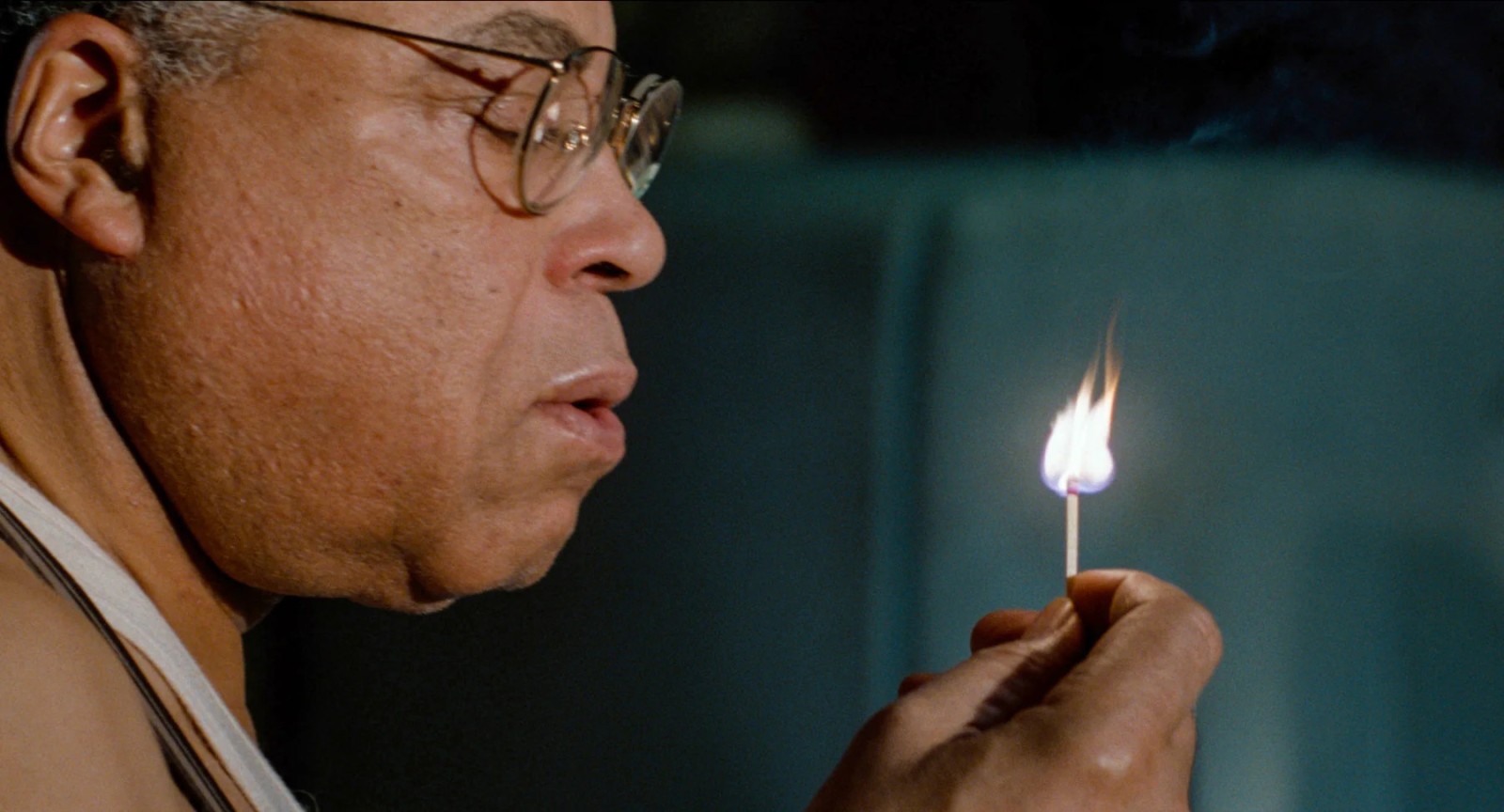
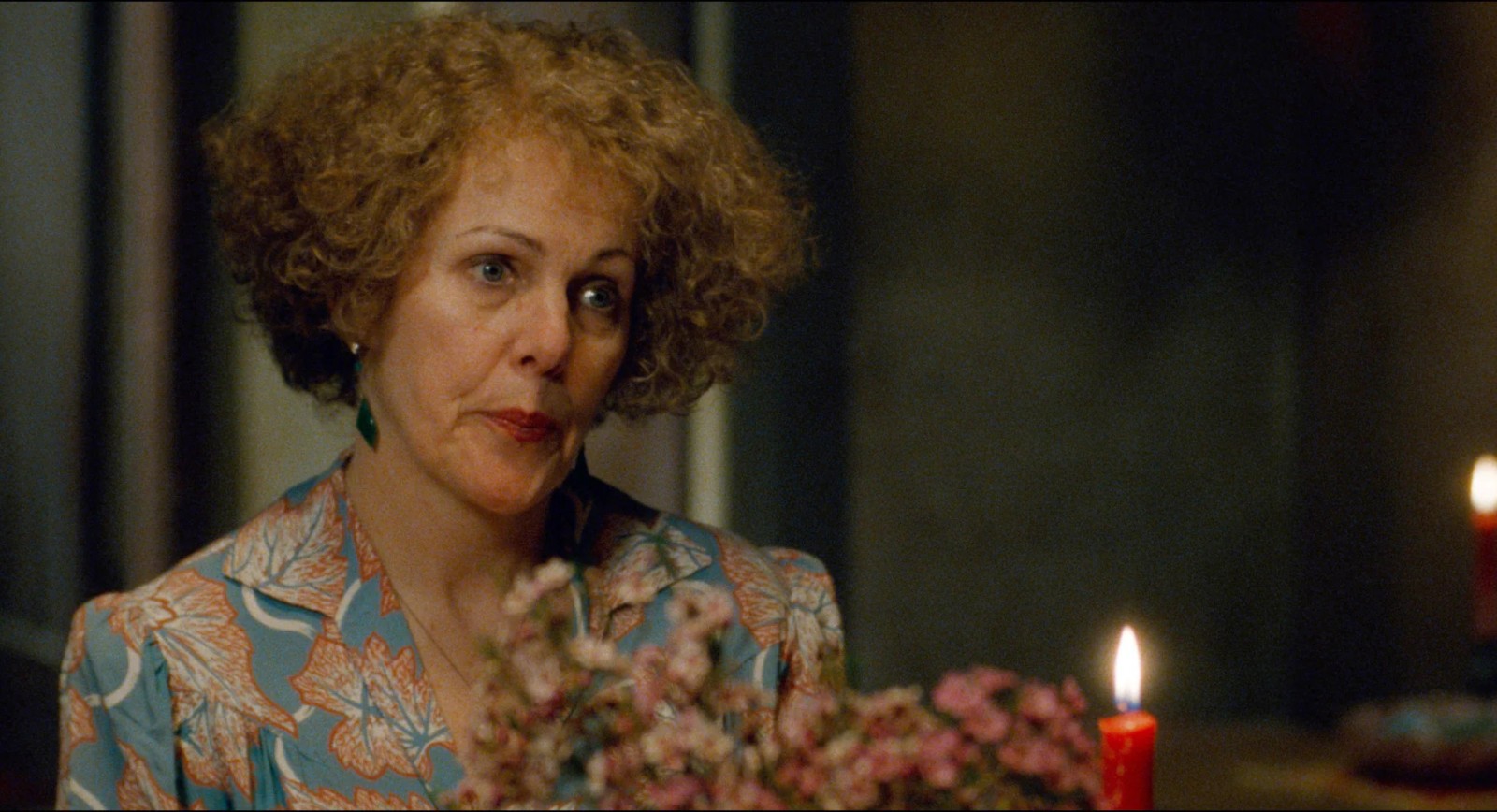

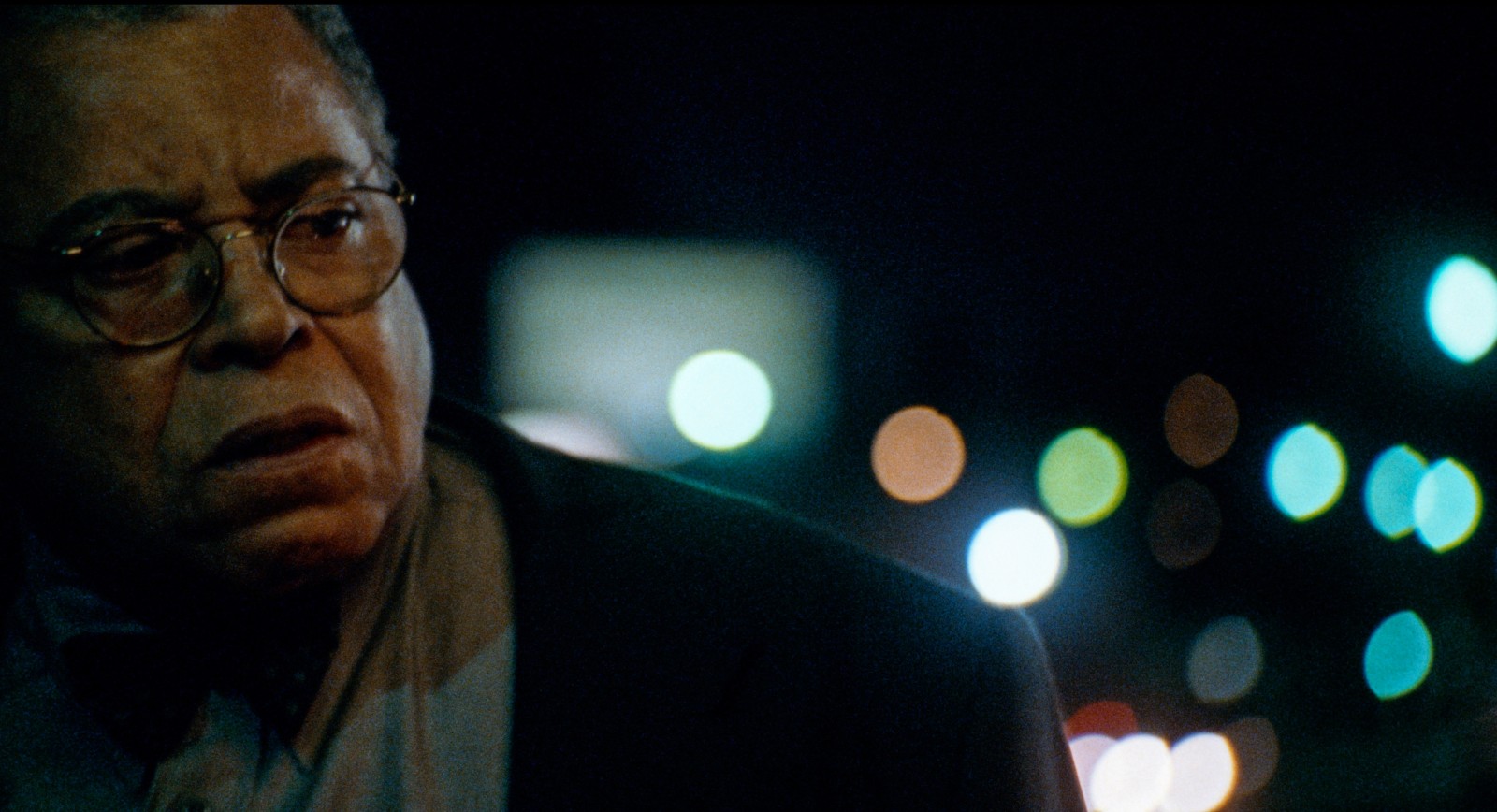

-landscape.jpg)
